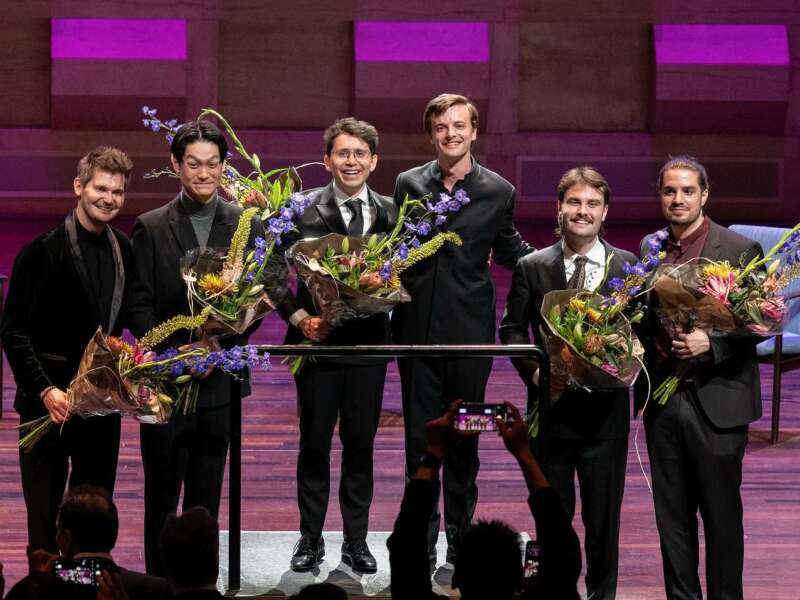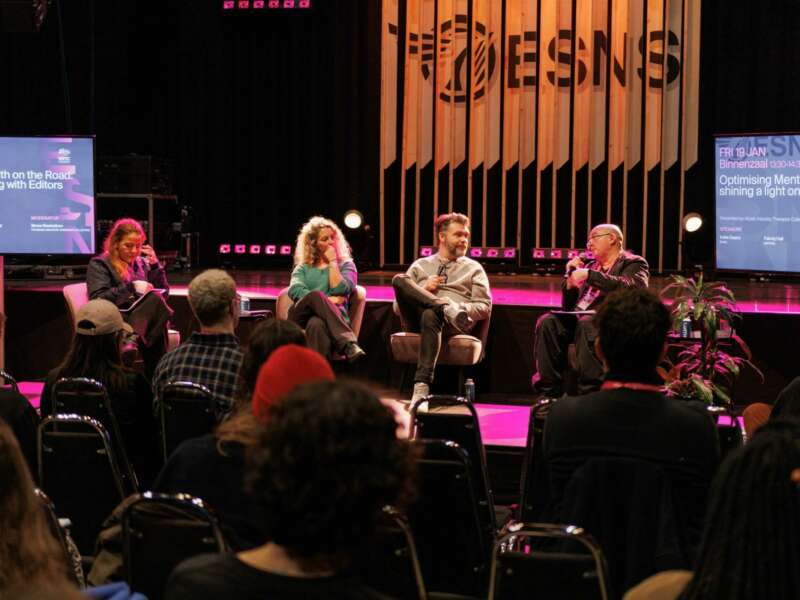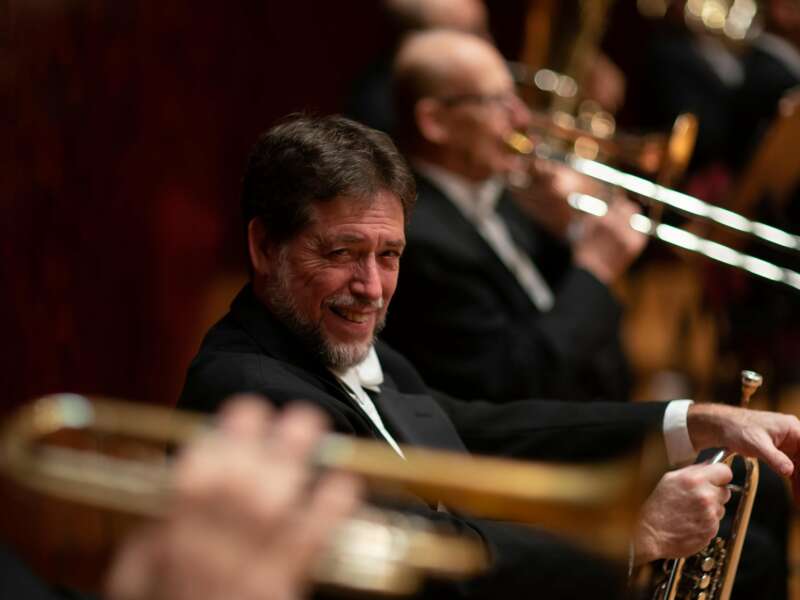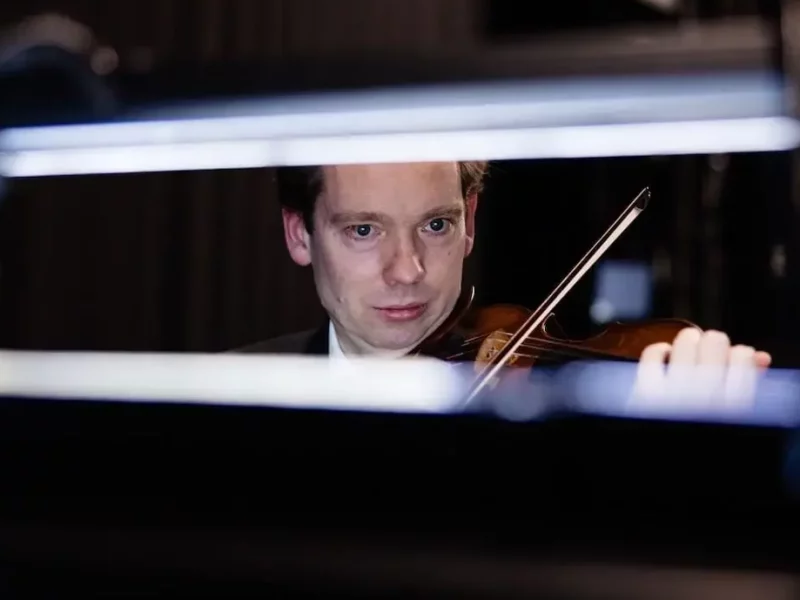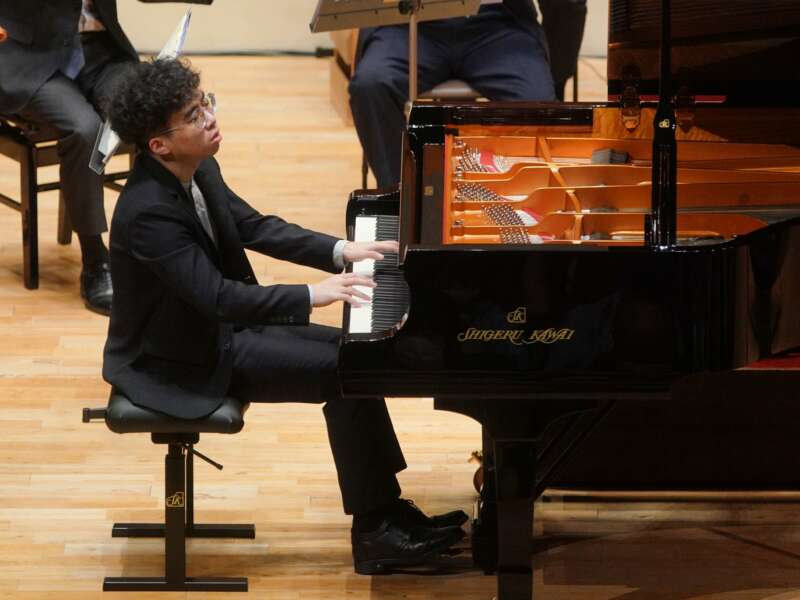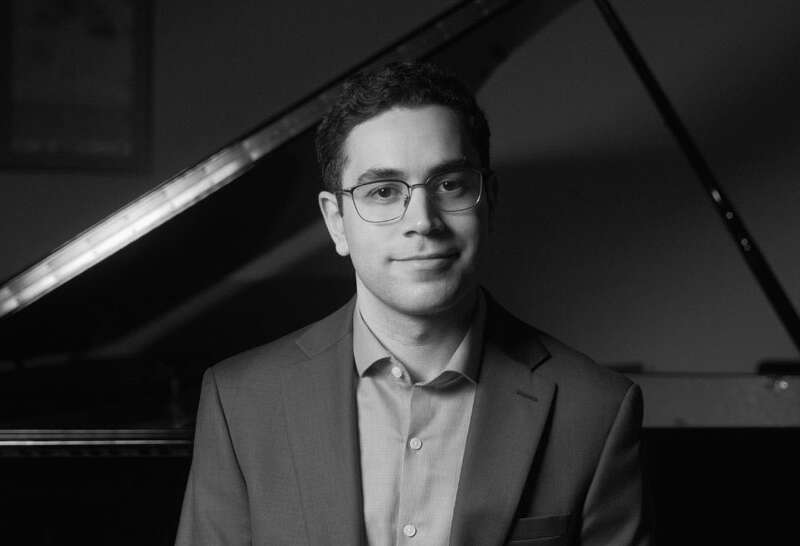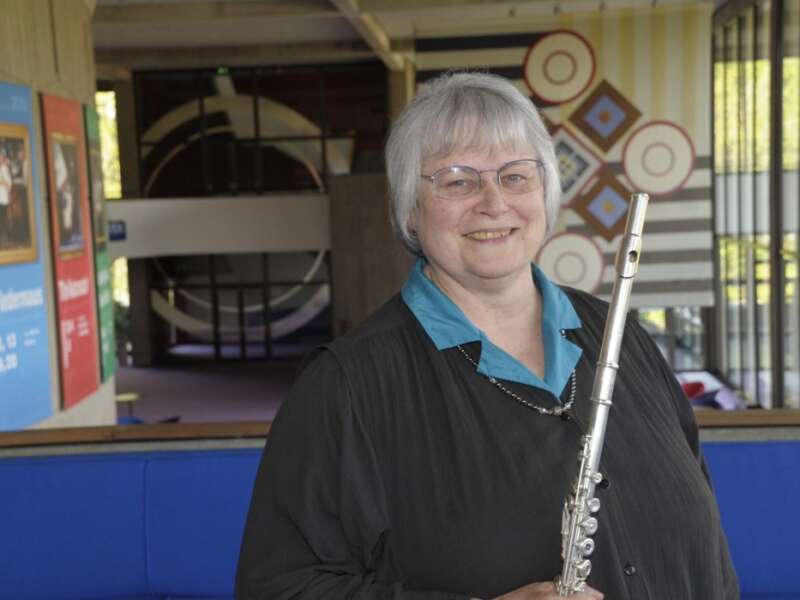New Report Reveals “Unjustifiable” Gender and Racial Disparities in Orchestral Repertoire
After examining orchestral repertoire from across 30 countries, the Donne Foundation has found significant gender and race discrepancies
The UK organization Donne, Women in Music was established in 2018 by the award-winning soprano Gabriella Di Laccio to expand the promotion of women in all artistic fields.
Its latest 2023/24 Equality & Diversity in Global Repertoire report examines the repertoire of 111 orchestras across 30 countries for the 2023/24 concert season. Previous research has included a report revealing that women accounted for 5% of all scheduled pieces in 100 orchestras throughout the 2020/21 season.
The recent analysis of 16,327 compositions scheduled for performances revealed that 7.5% of works were composed by women (down from 7.7% in the 2021/22 report on the same topic). Of these, 5.8% were composed by white women. Works by women from the global majority accounted for 1.6%.
Conversely, men composed 92.5% of the scheduled works — 89.3% of which were by white men. In 2021/22, men’s works comprised 92.3% of repertoire, with 87.7% by white men, hence the latest data depicts a slight increase in overall representation of male composers.
Men of the global majority contributed 3.2% of the compositions. Non-binary composers represented less than 0.1% of the total works — the same as the previous season.
Additionally, 78.4% of the pieces were composed by deceased white men, marking an increase from 76.4% in the previous analysis period.

Source: Donne Report 2024
The report found that the top 10 composers — W.A. Mozart, Beethoven, Tchaikovsky, Brahms, Dvořák, Ravel, Strauss, Rachmaninov, Mahler, and Sibelius — accounted for 30.6% of all works. These composers’ works were played more than four times the combined total of all works written by women.
Mozart was the most programmed composer with 1060 scheduled pieces, more than all living women composers combined, the report states. Beethoven and Tchaikovsky’s works were programmed more than all women’s works combined — 7.64% versus 7.47%.
Composers that reached the top 25 included Shostakovich, Prokofiev, J.S. Bach, Stravinsky, Debussy, Mendelssohn, Haydn, Wagner, Schumann, Schubert, Bruckner, Bartók, Gershwin, and Saint-Saëns. The only living composer on this list is John Williams — ranked right after Bach.
The woman with the most works scheduled was Lili Boulanger, who ranked 52nd of composers overall with 52 pieces scheduled.
The 12 women who had their works played 20 or more times included Anna Clyne, Sofia Gubaidulina, Gabriela Ortiz, Kaija Saariaho, Unsuk Chin, Florence Price, Grażyna Bacewicz, Anna Thorvaldsdottir, Jessie Montgomery, Clara Schumann, and Clarice Assad.

Source: Donne Report 2024
Comparing the 2021/22 and 2023/24 reports, there’s now been a slight decrease in overall representation of women composers and a decrease in the proportion of global majority women composers. There’s also been a decrease in representation of global majority male composers — 4.5% in 2021/22 compared with 3.2% in 2023/24.
The data showing the decreased representation of women and global majority composers from the 2021/22 season to the current season “underscores a growing trend towards the consolidation of a classical ‘canon,’ predominantly composed of historical white men, at the expense of broader diversity,” the report states.
“This year’s report from Donne, Women in Music is not merely an exposition of data; it is a call to action,” Di Laccio said in the report. “For the past five years, we have been publishing this data not just to inform but to catalyze real change.
“Regrettably, our latest report reveals a missed opportunity. The overwhelming predominance of historical white male composers in programming is not just a reflection of past biases but a continued endorsement of them,” she continued. “This status quo limits the richness of our cultural dialogue and the potential for truly inclusive and diverse musical expression. Some might say: ‘But this is a very small regression.’ However, shouldn’t we be moving forward?”
The report details the scheduled compositions of the participating 111 orchestras worldwide, including data on the differences in programming since the last report in 2021/22.

Source: Donne Report 2024
Amongst the orchestras examined in this report included the Toronto Symphony Orchestra, Chicago Symphony Orchestra, Los Angeles Philharmonic, Mexico City Philharmonic Orc., Orquestra Sinfônica Theatro Municipal de São Paulo, Orquesta Filarmónica de Montevideo, Orquesta Sinfónica Nacional de Chile, and the Buenos Aires Philharmonic Orchestra.
More participating ensembles included the Oslo Philharmonic, Royal Stockholm Philharmonic Orchestra, Academy Of St Martin In The Fields, London Symphony Orchestra, BBC Philharmonic, St. Petersburg Philharmonic Orchestra, Shanghai Symphony Orchestra, Sydney Symphony Orchestra, Teatro alla Scala, Israel Philharmonic, and Japan Philharmonic Orchestra.
The top five in gender and racially diverse programming included the American Composers Orchestra, River Oaks Chamber Orchestra, Chineke! Orchestra, London Contemporary Orchestra, and the BBC Concert Orchestra.
The data showed that those with the least diverse programming included the Academy Of St Martin In The Fields, Czech Philharmonic, and Flanders Symphony Orchestra. Aurora Orchestra, BBC Symphony Orchestra, and Berlin Philharmonic.
“We are at a critical juncture where inaction equates to complicity,” Di Laccio added in the report. “The slow pace of change, despite ample resources and clear benefits of diversity, is unjustifiable. This report aims to enlighten and ignite a movement towards equitable representation. We call on all stakeholders — orchestras (whether featured in this report or not), sponsors, and audiences — to join us in this endeavor.
“The future of classical music should not be confined to the echoes of the past but should resonate with the diverse voices of today. By embracing diversity, we enrich the musical landscape not just for current enthusiasts but for future generations who will come to see classical music as a vibrant, dynamic, and inclusive art form.”
june 2025
july 2025





